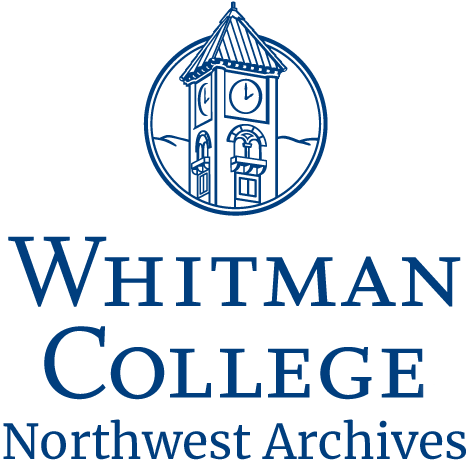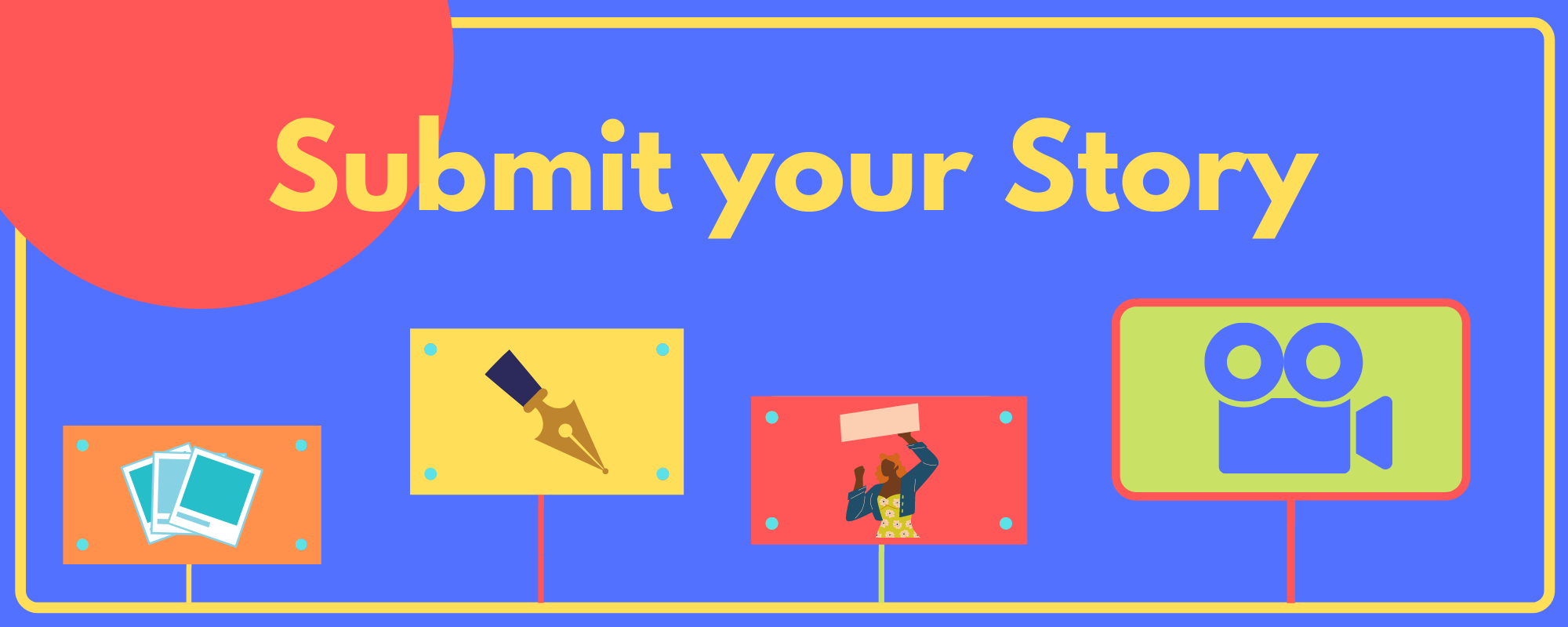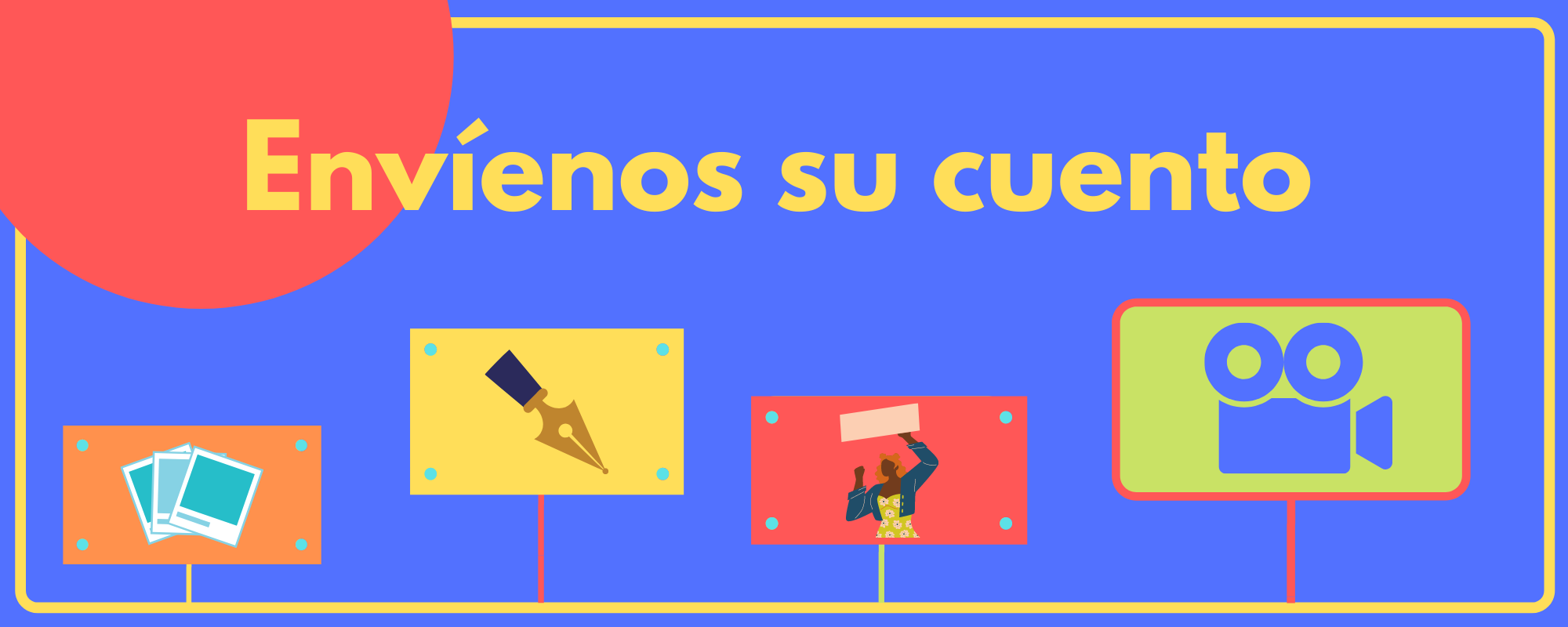Walla Walla Coronavirus Stories
Documenting our Lives during the COVID-19 Pandemic
Whitman College and Northwest Archives is creating a digital archive of the Walla Walla community’s experiences during the COVID-19 pandemic. As our community begins to reopen, it is important to reflect on our experiences of the pandemic, including our experiences at work and school, our social and family interactions, and the changes to our routines. We welcome submissions in all languages from all members of the Walla Walla and regional communities.
In partnership with the Walla Walla Mutual Aid Network and the Socially Engaged Art Committee of the Walla Walla Immigrants’ Rights Coalition, we hope to highlight voices that are not always included in archival records of our community. By collecting and archiving stories, we hope to shed light on disparities that immigrant and other marginalized communities face, while also highlighting their resiliency and their ongoing vital contributions to our community.
How to participate
You can record your experience in whatever format is comfortable for you. Some options include:
- Written reflections: letters, emails, diary-entries, blog posts, etc.
- Images: what is the view from where you are? Photos of changes to the community are encouraged, or as are personal photos from your changed routines
- Audio files: voice memos, phone-interviews with a friend (note: make sure you have consent of all parties before recording them)
- Video clips: short recordings of your daily life or routines
- Be creative! What would you like to be saved now so that the Walla Walla community in 5 or 50 years can understand the moment we are currently living through?
- Keep in mind that we want to collect material that gives evidence of your personal experience, or that of others in the Walla Walla Community, not national news stories, media reports, or other types of material that are best documented elsewhere.
Questions and themes we hope to explore include:
- How has the pandemic impacted the Walla Walla Community?
- How has our community transitioned to working and learning from home?
- How have essential workers experienced the pandemic, including those working in healthcare, restaurants, grocery stores, agriculture, education or other essential industries?
- How social distancing impacted, and continues to impact, our social lives?
- How are you staying in touch and communicating with friends and family?
- How has the pandemic disproportionately impacted immigrant communities?
- What support networks have emerged to address these disparities?
Please comply with county and state stay-at-home orders, and practice social distancing, while self-documenting.
Submitting Material to the Archive
We can accept material in most common formats. But if you have questions, please direct them to [email protected].
Materials submitted to the project will be retained in the Archives and made available to researchers under a Creative Commons Attribution 4.0 license, which will allow others to share and adapt the material while crediting the creator(s) of the material.
Please use these Google Forms to submit material (note: these forms currently require a Google account; if you do not have a Google account, email [email protected] for more information):
PDF Flyer – feel free to disseminate
The form will ask you to sign an agreement allowing the Archives to preserve your submission, and you will receive important information about the copyright and use of your content.
If you interview other people in the course of your documentation, or if any materials are co-created by you and another person, we will also need their contact information so we can obtain their permission to preserve and share the materials with future researchers.
This project has been inspired by, and borrowed from, ideas generated from Documenting Your Community’s Experience of COVID-19: A Resource List. In particular, we acknowledge the work of Atkins Library Special Collections & University Archives at the UNC Charlotte.
Archivos Noroestes y del Colegio Whitman están creando un archivo digital de las experiencias de la comunidad durante la pandemia del COVID-19. A como se va reabriendo la comunidad es importante reflexionar nuestras experiencias durante la pandemia incluyendo nuestras experiencias en el trabajo o escuela, interacciones sociales y familiares, al igual que los cambios en nuestras rutinas. Todas las sumisiones de los miembros de la comunidad de Walla Walla y otras comunidades regionales son bienvenidas en su idioma preferido. Junto a las asociaciones con Walla Walla Mutual Aid Network y el Comité de Arte Socialmente Comprometido parte de la organización de Walla Walla Immigrants Rights Coalition esperamos resaltar las voces que usualmente no son incluidas en los archivos de nuestra comunidad. En las documentaciones y colecciones de sus historias en los archivos queremos iluminar las desventajas que las comunidades inmigrantes y marginalizadas enfrenta, adicionalmente destacando su fortaleza y sus imprescindibles contribuciones a nuestra comunidad.
Cómo participar
Puede grabarsu experiencia en cualquier formato que sea más cómodo para usted. Aquí tiene algunas opciones:
- Reflexiones escritas: cartas, correos electrónicos, entradas de diarios, blogs, etc.
- Imágenes: ¿Cómo es la vista de donde está usted? Fotos de los cambios que surgieron en la comunidad, o fotos personales de cómo ha cambiado su rutina.
- Archivos de Audio: memos de voz, entrevistas telefónicas con amistades (ojo: asegúrese de tener el consentimiento de todos los participantes antes de grabar algo)
- Clips de Vídeo: una grabación corta de cómo es su vida cotidiana o rutina
- ¡Sea creativo! Que quisieras que fuera guardado para que la comunidad de Walla Walla en 5 o 50 años para que comprendan cómo fueron los momentos que actualmente están viviendo.
- Recuerde que nosotros queremos recopilar material o evidencia de su experiencia personal o de la comunidad de Walla Walla, no reportes o historias nacionales u otros materiales que pueden ser documentados en otros lugares.
Preguntas y temas de exploración
- ¿Cómo ha impactado la pandemia a la comunidad de Walla Walla?
- ¿Cómo se ha transformado nuestra comunidad al trabajo o aprendizaje desde casa?
- ¿Cómo han vivido la pandemia los trabajadores esenciales, incluyendo aquellos que trabajan en los cuidados de salud, restaurantes, tiendas, agricultura, educación, entre otras industrias esenciales?
- ¿Cómo te impactó o continúa impactando el distanciamiento social?
- ¿Cómo te mantienes comunicado con tu familia y amistades?
- ¿Cómo ha afectado la pandemia a las comunidades inmigrantes?
- ¿Qué redes de apoyo han surgido para afrontar estos efectos?
Por favor de cumplir con las órdenes del condado y el estado, al igual que practicar el distanciamiento social mientras seauto documenta.
Sumisiones de material al archivo
Nosotros podemos aceptar material en los formatos más comunes. Pero si usted tiene alguna duda o pregunta contacte [email protected]
Los materiales presentados al proyecto serán conservados en los Archivos y estarán disponibles para investigaciones en el futuro bajo la licencia de Creative Commons Attribution 4.0. La licencia permite que otros compartan y adaptan el material siempre y cuando se acredite al creador o creadores.
Por favor use estas formas para enviarnos el material (Si no tiene cuenta de Google, mandenos un correo electrónico a [email protected] para mas informacion.):
Folleto PDF- Sienta libre de compartir
La forma le pide que firme un acuerdo en donde accede que los Archivos preserve sus sumisiones, y recibirá información importante sobre los derechos del autor(es) y el uso del contenido.
Si usted entrevisto a alguien a través del curso de su documentación o si cualquier material que fue co-creado por usted y otra persona. Necesitaremos la información de contacto para poder obtener su permiso para preservar y compartir los materiales para las investigaciones en un futuro.
Este proyecto fue inspirado y comparte ideas generadas por Documenting Your Community’s Experience of COVID-19: A Resource List. Particularmente, reconocemos el trabajo de Atkinds Library Special Collections & University Archives de la UNC Charlotte.


